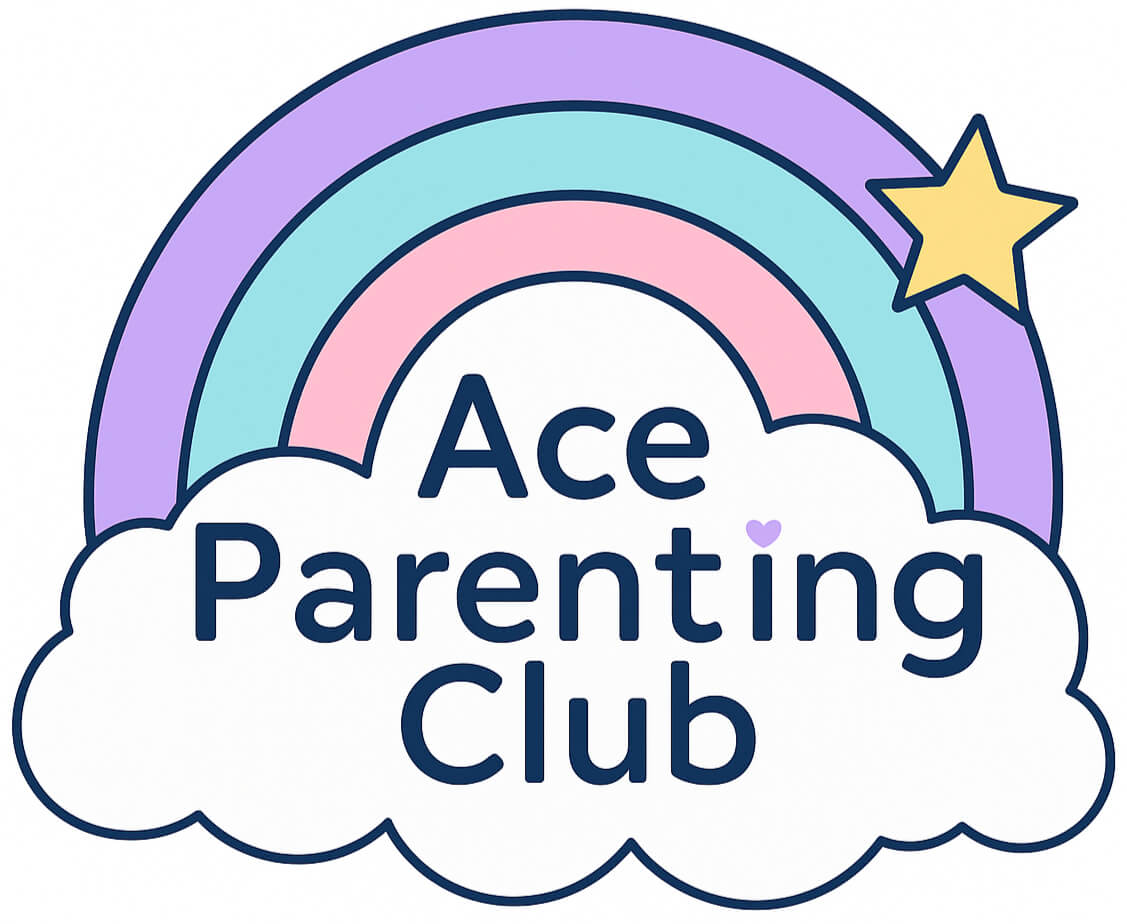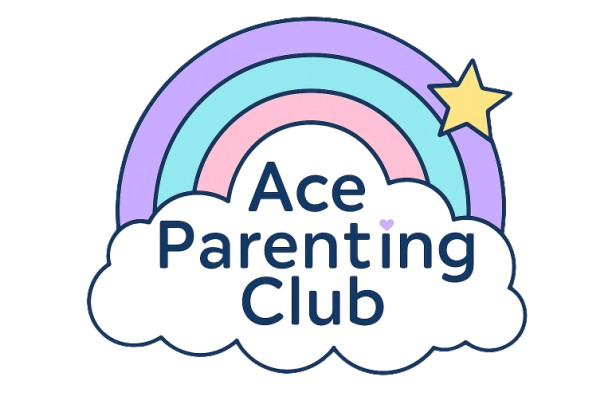When our daughter was born, I didn’t fully understand what supporting breastfeeding actually meant. I thought it was mostly between mum and baby, but I quickly realised that as a partner, I played a vital role.
Supporting breastfeeding meant more than just being there physically. I had to step up emotionally and mentally, even when I didn’t fully get it. It wasn’t perfect. We argued, got tired, and often reached our limits. But looking back, here are five honest things I did that really made a difference.
1. Be Present (But It’s OK If You’re Not at Every Feed)
I didn’t stay awake for every night feed. Some dads do, but for us, two exhausted parents made the next day harder. Instead, I focused on being present in other ways. I made sure she had water and snacks nearby and regularly checked in on how she was feeling.
Sometimes I just sat with her during evening feeds so she didn’t feel like the only one awake. Being there doesn’t mean doing everything. It means helping her feel supported amid the chaos.
“We were both sleep-deprived and short-tempered. But even small efforts helped her feel less alone.“
2. Do the Everyday Stuff Without Being Asked
During cluster feeds or on the toughest days, my wife spent long stretches on the sofa, completely drained. I quickly learned that helping wasn’t about grand gestures. It was about keeping on top of the everyday things she didn’t have the energy for.
It wasn’t always smooth sailing. Sometimes I missed a few things or felt a bit out of my depth, but jumping in with these small tasks helped keep our day on track and gave her a much-needed break.
“Some days were trickier than others, but pitching in with the little things helped make our days run more smoothly.“
3. Listen (Even When It’s Not Easy)
There were moments when my wife was upset, frustrated, or simply done. I tried to listen rather than jump in with advice. But let’s be honest: it wasn’t all gentle nodding and perfect responses.
We definitely argued. We snapped. We were both human. But listening wasn’t about fixing everything. It was about showing I cared, even when I didn’t have all the answers.
“Looking back, it’s all about those small efforts. You don’t realise it at the time, but they make a huge difference.“
4. Make Space for Her to Recover and Feed
In those early weeks, my wife was often excited to see friends and family. But feeding around the clock, recovering from birth, and adjusting to life with a newborn meant she also got tired quickly. My job wasn’t to shut people out, but to help set gentle boundaries so visits stayed manageable and didn’t become overwhelming.
Sometimes that meant quietly checking in with her to see how she was feeling or wrapping things up if she needed rest. It wasn’t always easy, but protecting her space helped her feel more in control.
“Supporting her meant helping create space to rest, which made all the difference.“
5. Learn Enough to Be Genuinely Supportive
Early on, I didn’t know what cluster feeding meant, or why the baby was feeding every hour. I started reading the basics and asking questions so I could be helpful instead of clueless.
I was still learning as we went along, but understanding things like growth spurts versus feeding problems helped me be more supportive and calm.
“It took time, but being informed helped us feel more like a team.“
Our Final Thoughts
Breastfeeding was challenging for both of us. It showed how important it was to work together and support each other. Some days I helped more, other days less. We had disagreements, figured things out, and kept going.
What really helped was thinking of ourselves as a team. I wasn’t the one feeding, but I could support in practical ways like making a cup of tea or holding our daughter while she had a quick break.
If you’re a partner reading this, remember you don’t need to do everything. Just showing up, learning as you go, and backing her up makes more of a difference than you might realise.
Frequently Asked Questions About Potty Training
You don’t have to be awake for every feed, but support still matters. Help by settling the baby after a feed, offering a drink or snack, or simply being present when she’s feeling drained. Even just making sure she can rest between feeds makes a big difference.




